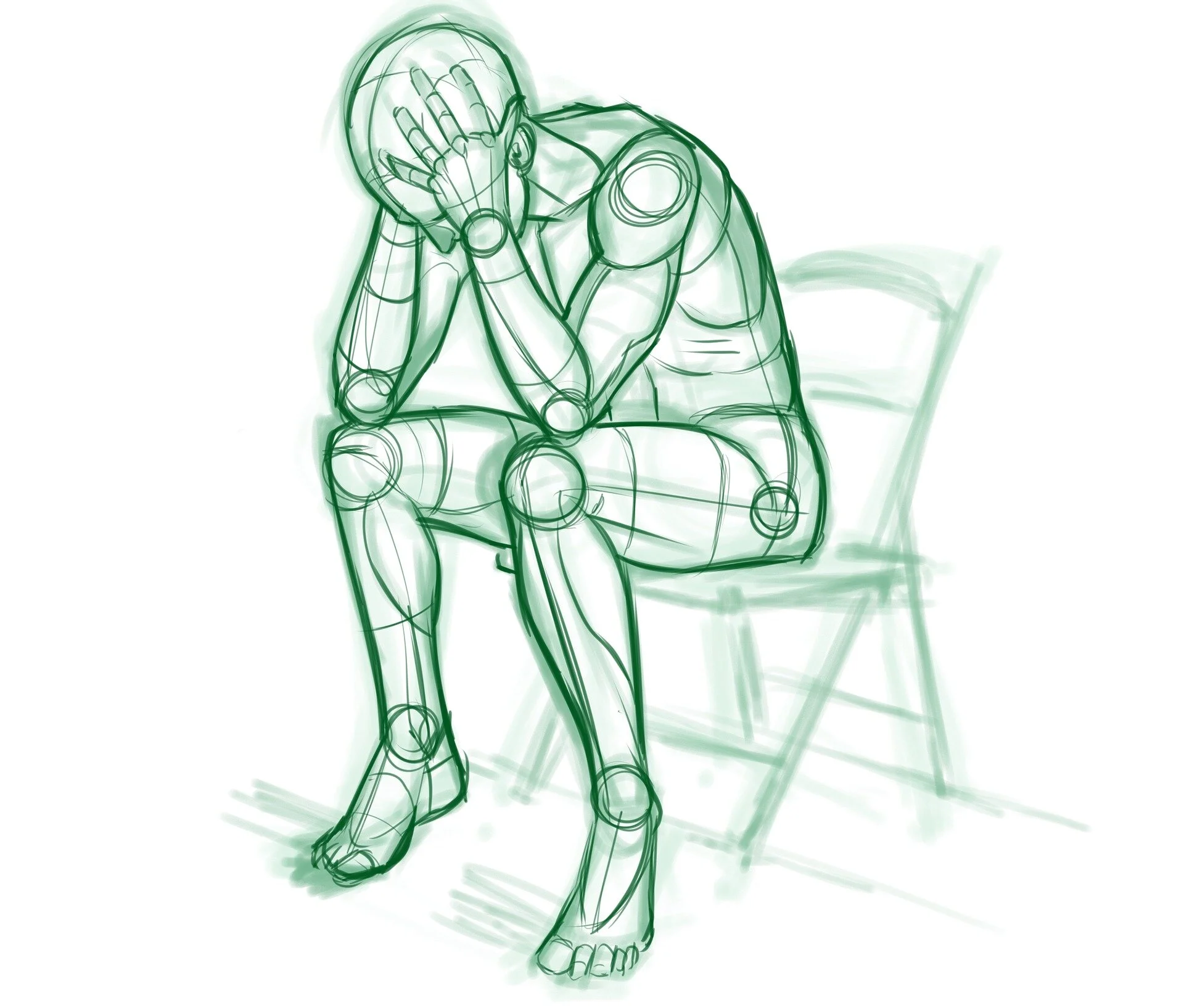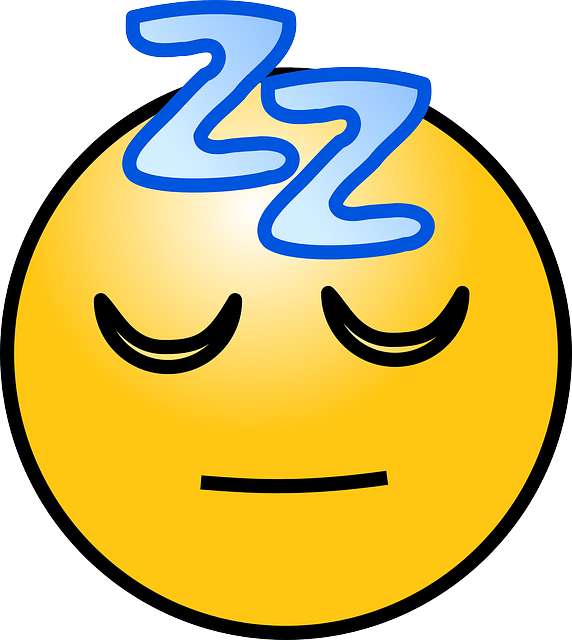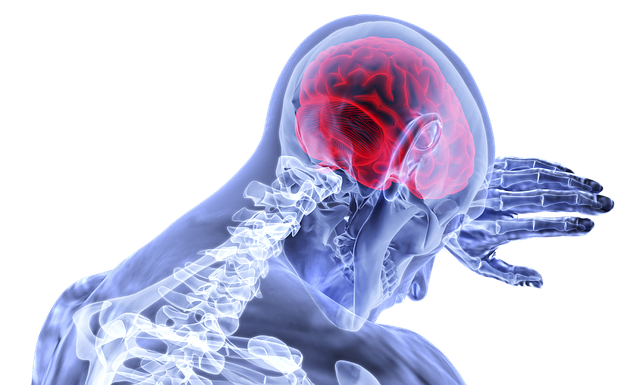Addiction & Recovery
Recovery happens when you emotionally, physically and overall feel better. Sometime the key to staying in recovery is caring for your body and your power supply. This page has tools and resources to help you on your path.
The buttons below connect you to our best resources that support better decision making as people navigate recovery. We encourage you to try some food-based experiments to stay in your Smart Brain and away from your Addict/Lizard Brain.
This material is provided for educational and informational purposes only. As Dr. Allott is also a licensed medical practitioner, we must make it clear that none of the products are intended to constitute medical advice, consultation, recommendation, diagnosis, or treatment. If you are concerned about your health, please seek appropriate care in your area.
Blog Posts
Videos
The below video explains the physiology of anxiety and fatigue, and we include it here because many of the same mechanisms hold true for understanding how to stay in your Smart-Responsive Brain for better decision making..
A FUELED BRAIN IS A SMARTER BRAIN - UNDERSTANDING THE PHYSIOLOGY OR ANXIETY (35:40)
Podcasts
Handouts & Worksheets
Snapshot of Anxiety (worksheet)
What Impacts Anxiety (worksheet)
Monitoring Your Power Supply (worksheet)
A Three-Day Protein Experiment (handout)
Proteina versus carbohidratos (Spanish handout)
I Need Help Now! (handout)
Emergency Food Plan (worksheet)
Be At Your Best For High Stake Events (handout)
Storytelling

You might also be interested to read a story to see how some of this information plays out in daily life:
Store
Our Workbook: Fuel Your Brain, Not Your Anxiety Available from:
Pre-Recorded Online Training from PESI for continuing education credits: 2-Day Certificate in Nutrition for Mental Health Disorders: Non-Pharmaceutical Treatment Strategies that Work! (Available for purchase in digital format).
Other digital products available from Dr. Allott:
Understanding Labs for Mental Health
Serum Ferritin (pdf)
C Reactive Protein (pdf)
Surviving the Holidays: How to Reduce Anxiety & Weight Gain (pdf)
Pre-Recorded Online Training: Addressing the Physical Causes of Anxiety

















